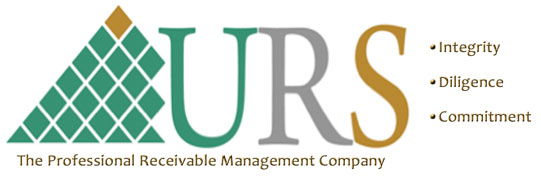My staff and I recently attended a very enlightening and highly informative seminar presented by the Children’s National Health Network– “Refinancing the Pediatric Medicine Home” – in Bethesda, Maryland. The seminar attendees consisted of physicians, administrators and support personnel; handouts contained information on the upcoming ICD-10 codes as well as tips on making your practice more profitable.
Congratulations to Dr. Mark Weissman and Dr. Charles Medani for their selection of pertinent and much needed subject matter - `Financing the Medical Home: Moving from Principles to Practice Payment’ and `Coding to Support the Advanced Medical Home’, presented by Dr. Joel Bradley.
Our highlights of the seminar were hearing the questions and answers of the attendees as well as networking with fellow CNHN members.
We at URS take enormous pride in keeping our billing staff updated of recent legislation, coding and technologies and how each can help us better serve our fiduciary responsibilities for medical practice clients. Optimizing revenues, responding timely and accurately to both insurance and patient inquiries are some key factors which help us maintain high revenue levels and fewer accounts written off to bad debt and assigned to collections.
URS will certainly attend the next Children’s National Health Network’s Seminar. It’s well worth the investment!
